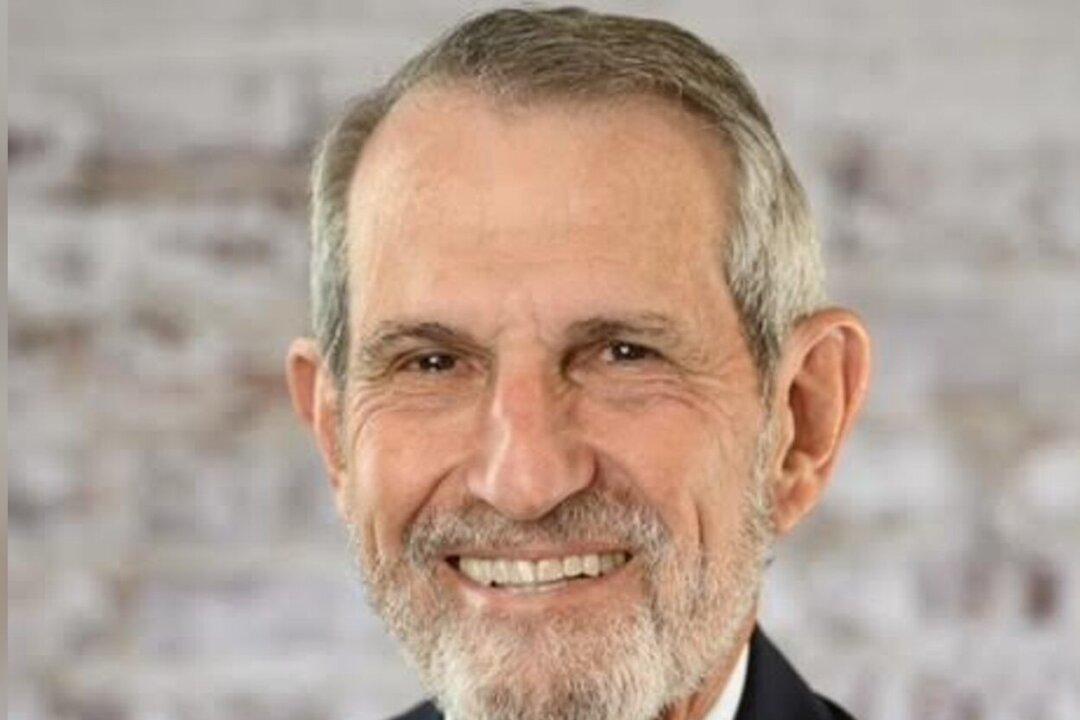The Indiana University Office of Academic Affairs is under scrutiny for its “implicit bias” training module about hiring practices at the university.
Do No Harm (DNH), an organization that spotlights discriminatory practices in academic and medical institutions, highlighted a training module used at the university for faculty search committees, encouraging committee members to consider ideological concepts such as their own “implicit bias” and “whiteness” instead of the applicant’s experience.





